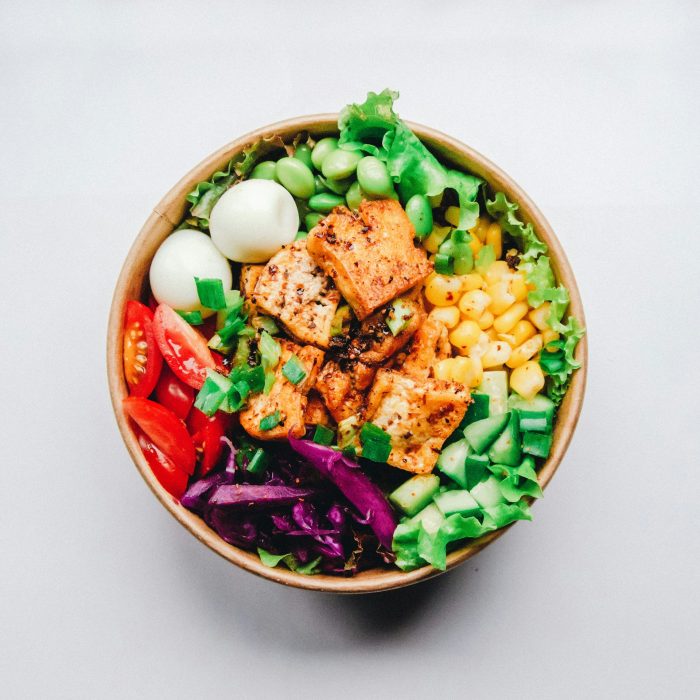Is your IBS driving you crazy?
May 22, 2025 8:33 am
You’ve been feeling bloated, gassy and uncomfortable for long enough. One minute you can’t go to the loo and the next minute you can’t get off it?
It’s an incredibly common problem. According to Guts UK, a charity set up to promote awareness of and funding for digestive problems, it affects up to a third of people at some stage or another and it is one of the main reasons people visit their doctor.
The official view is usually that it’s a lifelong problem that no one really understands and that there’s no cure for it or you’re given medication that masks the problem rather than resolves it and sometimes even causes other problems.
Let me tell you, there IS hope.
What’s causing your digestive problems?
One of the most common causes of IBS is SIBO (small intestinal bacterial overgrowth). This describes a condition where bacteria manages to grow and thrive in the small intestine. It’s not a question of ‘good’ or ‘bad’ bacteria. There shouldn’t really be many there at all.
It might also be that you have a lactose intolerance. This is when your body is not able to tolerate lactose, a type of sugar found naturally in milk and other dairy products, leading to a host of ‘IBS symptoms’. It might similarly be fructose malabsorption. Again, some people are not able to absorb fructose and symptoms are very similar to lactose intolerance.
Or you might have a yeast overgrowth. Simply, the gut environment gets out of balance (due to dysbiosis) such that unwelcome yeast can thrive.
In some cases, digestive problems can be tricky to solve, and it almost always involves some detective work. But if your symptoms are hampering your life in a significant way, I want you to know that there ARE things you can do. And I’m a bit of a digestive detective!
What can I do about my IBS now?
There are some simple tricks you can put into practice today and that might make enough of a difference to help you get your life back on track. Check out the tips below and if they don’t help, get in touch and we can have a chat about where the route of the problem may be and what we can do to resolve it.
10 ways to improve your digestion
The following suggestions are basic but surprisingly effective at improving symptoms of digestive distress. They’re simple and achievable ideas that you can do from the comfort of your own home.
DO
- Try a cup of hot water with lemon or ginger tea before meals to stimulate digestion.
- Apple cider vinegar (with the ‘mother’) also works – take 1tsp before a meal – add to water to make it more palatable. It’s important to get vinegar ‘with the mother’ as it is unfiltered leaving you lots of goodies such as beneficial bacteria that your digestive system will love.
- Think about your food before eating it – the thought and smell kickstart the digestive process. Being more mindful in this way also helps the digestive process. It’s called ‘rest and digest’ it is your digestive system’s happy place where it is relaxed and focused on the job at hand – processing your food. If you’re eating on the go the magic doesn’t happen so well.
- Make sure you’re chewing properly. If you had to spit out the mouthful, no one should be able to tell what you’ve been eating. Not a pleasant thought I know but trust me, digestion starts in the mouth, not the stomach.
- Try a few cubes of pineapple or papaya before a meal. These contain enzymes that can boost your digestion. Bitter greens such as rocket or watercress are also helpful for stimulating your stomach acid.
- Take a 15-minute walk after eating if you can. This lowers blood sugar levels and improves digestion.
DON’T
- Eat at your desk at work. Getting up and out is important for so many reasons. In this case, checking emails while you are also eating may have you gulp down your food or not chewing properly. Neither are good for your digestive health.
- Try to eat on the go or when you’re stressed out. You won’t digest your food properly or absorb the nutrients. This is the quickest way to get heartburn.
- Don’t eat fruit after a meal. Fruit likes a quick passage through the digestive system. It can get stuck behind other foods that are digested more slowly and then ferment, causing gas.
- Don’t drink too much water or other fluids with your meal as this dilutes the stomach acid needed to digest your food properly.
I’m here to help
If you’re sick of feeling bloated, gassy, crampy or going to the loo too much (or too little), book in for a free 30-minute digestive health mini consultation here.
Categorised in: Digestive problems
This post was written by Reynolds Ruth
Comments are closed here.